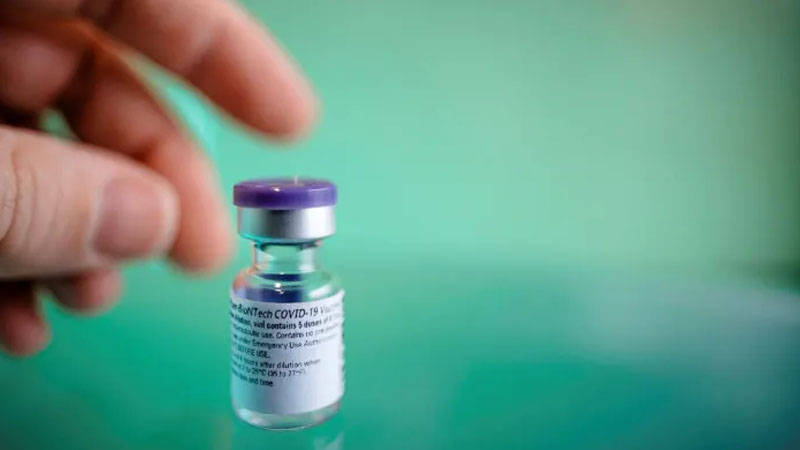The World Health Organization (WHO) has issued a warning regarding counterfeit versions of the drug Ozempic, which has gained significant popularity as a weight loss aid in recent years. The organization cautioned that using these fake medications could pose serious health risks due to unlisted ingredients and improper formulations.
Originally designed to treat type 2 diabetes, Ozempic has been widely adopted, including by celebrities, for weight loss purposes. Wegovy, another drug containing the same active ingredient – semaglutide – is specifically formulated for weight loss.
Semaglutide helps suppress appetite, aiding diabetics in managing their blood sugar through weekly injections. A notable side effect of this is significant weight loss. Both drugs are produced by the Danish pharmaceutical company Novo Nordisk. While Wegovy is now available on the NHS and from pharmacies in the UK, the high demand for Ozempic has led some consumers to turn to unofficial suppliers, thereby risking the use of counterfeit drugs.
The WHO has identified three batches of counterfeit semaglutide, including one sold in the UK in October last year. In a statement, the organization noted, “WHO has been observing increased demand for these medicines as well as reports on falsification. These falsified products could have harmful effects on people’s health – if the products don’t have the necessary raw components, falsified medicines can lead to health complications resulting from unmanaged blood glucose levels or weight.”
The statement further warned that counterfeit injections might contain undeclared active ingredients, such as insulin, leading to unpredictable health risks or complications. To protect themselves, the WHO advises consumers to only purchase medicines with prescriptions from licensed pharmacies and to avoid drugs from “unfamiliar or unverified sources,” such as online.
Dr. Yukiko Nakatani, WHO Assistant Director-General for Access to Medicines and Health Products, emphasized the importance of awareness, stating, “WHO advises healthcare professionals, regulatory authorities, and the public to be aware of these falsified batches of medicines. We call on stakeholders to stop any usage of suspicious medicines and report to relevant authorities.”
This warning underscores the critical need for vigilance in sourcing medications, particularly those in high demand, to ensure safety and efficacy.

